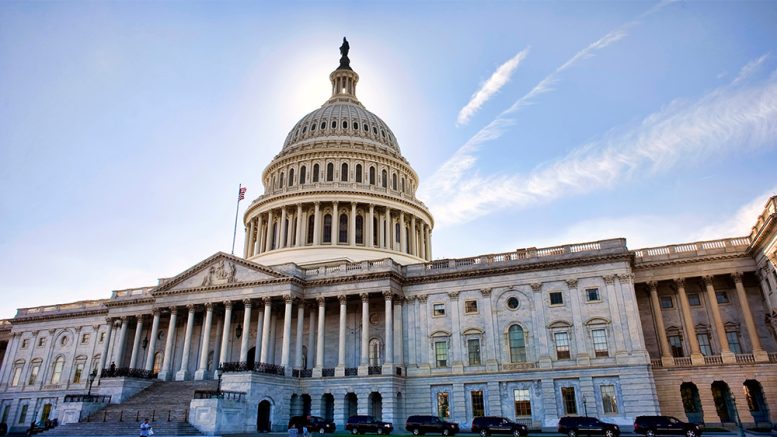
Young
U.S. Senators Todd Young (R-Ind.), Chuck Schumer (D-N.Y.), and Mike Rounds (R-S.D.) are leading an amendment to the National Defense Authorization Act (NDAA) – Unidentified Anomalous Phenomena (UAP) Disclosure Act of 2023 – along with Senators Marco Rubio (R-Fla.), Kirsten Gillibrand (D-N.Y.), and Martin Heinrich (D-N.M.) – which would increase transparency around UAP and further open scientific research.
This legislation would direct the National Archives and Records Administration (NARA) to create a collection of records to be known as the UAP Records Collection and direct every government office to identify which records would fall into the collection. The UAP Records Collection would carry the presumption of immediate disclosure, which means that a review board would have to provide a reasoning for the documents to stay classified. The NDAA will be on the Senate floor next week.
“The American people deserve transparency on all issues related to UAPs,” Sen. Young said. “Our bipartisan effort will protect and better organize government materials related to UAPs and promote disclosure of this information.”
After the UAP Records Collection is created, the legislation will create a UAP Records Review Board, an independent agency, which would consider if a UAP record would qualify for postponement of disclosure. Additionally, the federal government shall have eminent domain over any and all recovered technologies of unknown origin (TUO) and biological evidence of non-human intelligence (NHI) that may be controlled by private persons or entities in the interests of the public good.
After the Review Board has made a formal determination concerning public disclosure or postponement, the President will have the sole ability to overturn or concur such determination. At the latest, each UAP record must be publicly disclosed in full and made available in the Collection no later than 25 years after the law is enacted, unless the President certifies that continued postponement is necessary because of a direct harm to national security.
The amendment will be modeled on the President John F. Kennedy Assassination Records Collection Act of 1992 which required that documents regarding the Kennedy Assassination be made public no later than 25 years later after enactment.


If you look at the actual wording of the UAP Disclosure Act, the “25 years later” applies from when the event was first recorded. – So, in 2024, all cases up to 1999 will be eligible for release. Anyway, well done for reporting this story. Barely anyone else has. For three quarters of a century it was assumed people wouldn’t be able to handle it, that there’d be mass panic, the stock market would crash etc., It turns out that on the day after lawmakers put forward legislation saying the “American public has a right to learn about technologies of unknown origins, non-human intelligence, and unexplainable phenomena” ..hardly anyone noticed or cared.